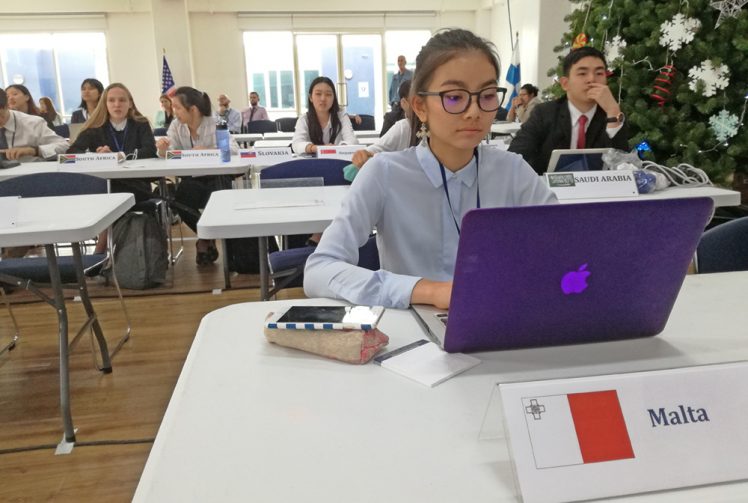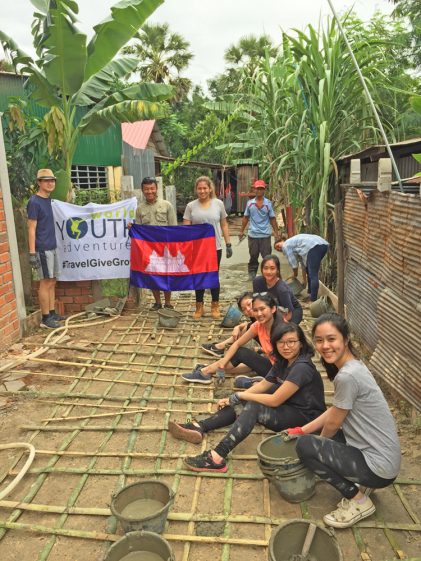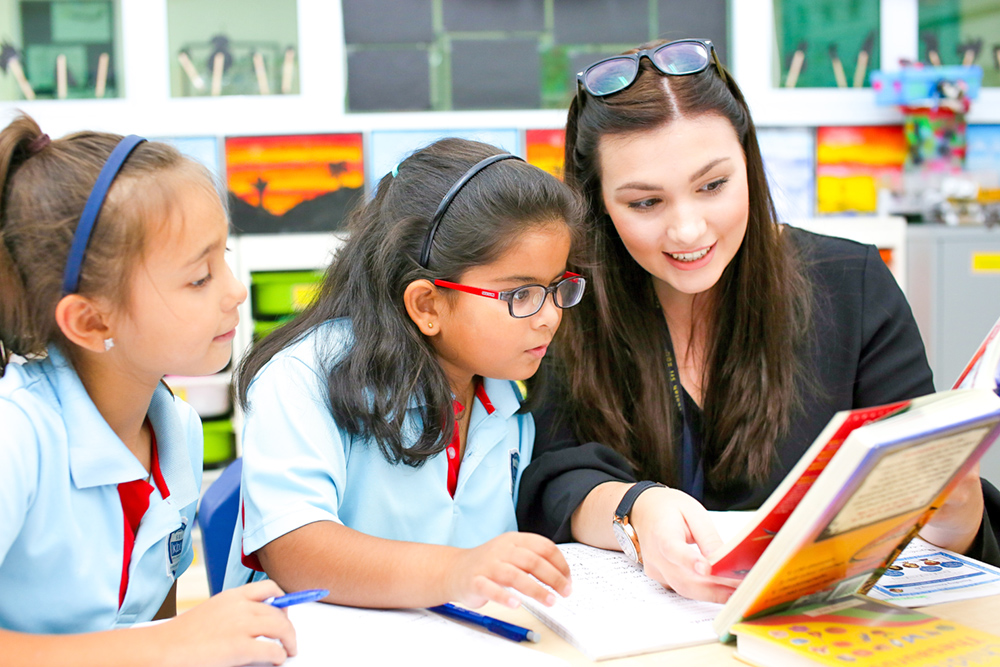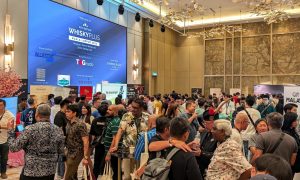The initial response to this question for most people would be that it has changed a lot. However, probe beneath the veneer of technology and you may realise that the changes are less than you think. A more important question would be “Is change to the fundamentals of education necessary?” To answer the second question, we need to reflect upon how the world has changed in the last 25 years.
Young people in secondary education today are most definitely living in a global society. Through social media, mobile technology and the internet, they can have friends from all around the world without leaving their home country. Through YouTube, Google and gaming, all of which have been invented in the last twenty five years, they can gain knowledge for themselves without the intervention of adults or educators. However, these same young people still need to be able to read, to write and develop excellent speaking skills to be able to access these new media. Success in education still relies upon high skill levels in these basics; most public examinations still require students to sit at a desk and write rather than input data into a computer. Without the relevant academic outcomes, the majority will not succeed in the world of work. University graduates have a higher earning potential than those without the advantages that come with a university education. For this reason, in Sri KDU International School, we strike a good balance between a traditional knowledge-rich curriculum taught by expert teachers that leads to excellent academic results with the appropriate use of technology to prepare students for a world where they will need to use technology every day.

Regrettably, access to modern technology comes with increased risks of exposure to “false news” and the views of fanatics who present their perspectives as truth. Thus the ancient arts of debate, oration and critical thinking have never been more important to enable them to sieve through the deluge of information and filter it into knowledge. In a world full of conflict, our students need to learn diplomacy and how to empathise with people who are different from themselves. The core values of a civilised society have not changed in the last 25 years and schools still have a duty to give students the foundation to cultivate these values through the curriculum and beyond. The Model United Nations and the Debate Union are two of the most popular extra-curricular activities in our school and I love to see the students who participate in these applying their critical thinking skills to some of the most challenging topics of the modern world. We offer the IBDP as a pre-university course because one of the core components is Theory of Knowledge; this part of the course challenges the students to question what we know and believe to be true.

As more children around the world have had access to education, levels of literacy have gone up. However, the quality of your children’s education still cannot be guaranteed by how much money you are willing to spend. This is why Service Learning is so important to helping privileged students understand that not everyone has the same opportunities that they have. Again, the IBDP has this built into the fabric of the course; students cannot obtain the diploma unless they have spent time in service activities with the appropriate reflection about what such activities have taught them in their portfolio. Teaching about the UN Sustainable Development Goals, in the curriculum as well as through extra-curricular activities remains an important part of education today.
In conclusion, I reiterate that the fundamentals of education should not have changed much over the past quarter of a century because the purpose of education is constant. We need to equip our young people with a body of knowledge to allow them to interpret the world, develop critical thinking skills and their personal values. Research may have improved the pedagogy and varied the tools but the principles of what a good education is for, should have remained the same.
————————————————————————————————————–
Written by:
Mrs Margaret Rafee, Principal, Sri KDU International School

















